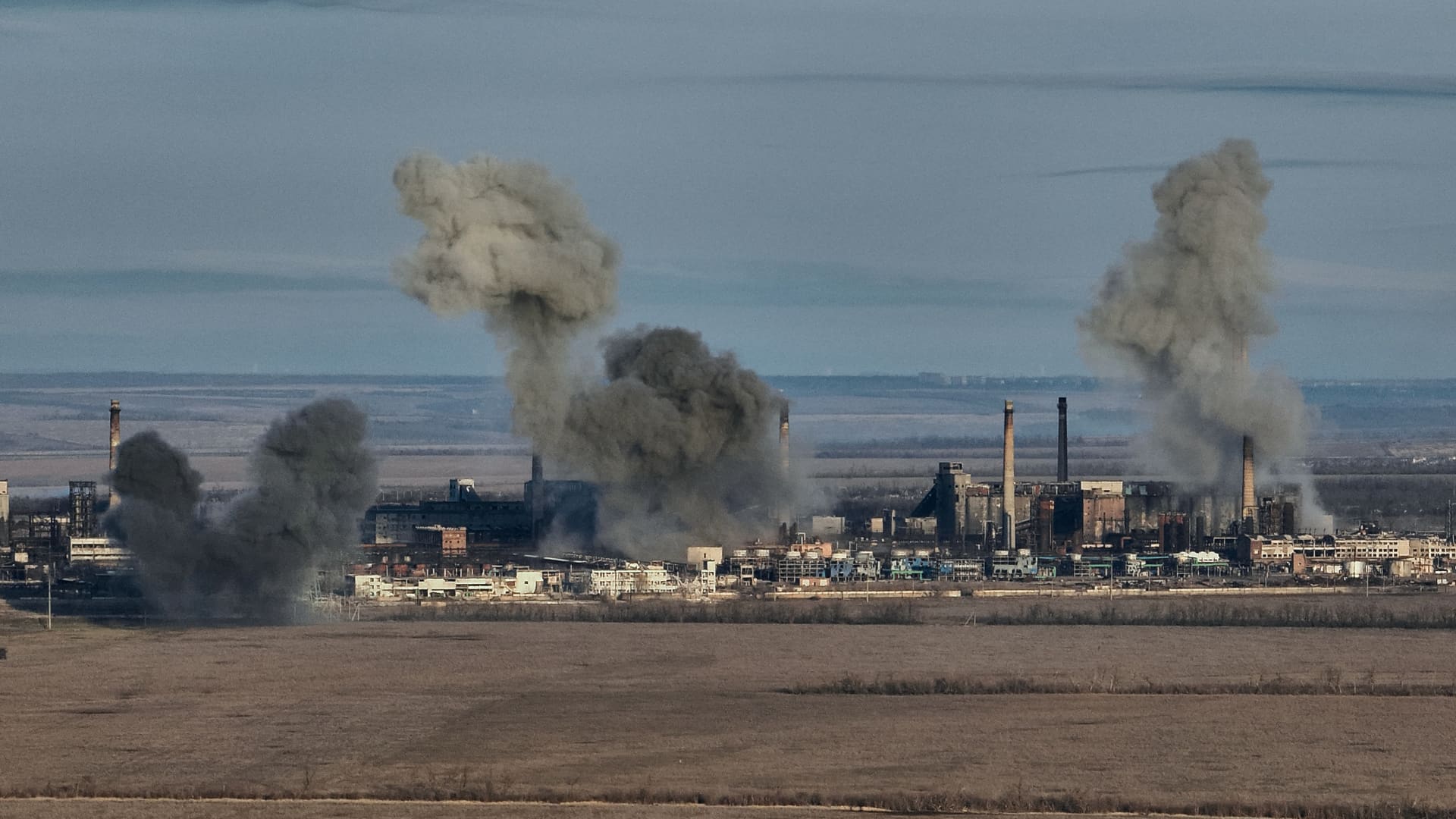Strategic failures
Using this force in the right way to further national interests is also a significant responsibility and labor.
Previously, when we came to count the reasons for declaring war, military reasons were at the forefront of rulers’ minds. Then, wars were fought primarily for economic reasons. Now we have added human rights and democracy to that list.
It was the issue of bringing democracy to Iraq that led the United States to intervene. There is no doubt that the future holds more events of similar strategic importance, at least as far as anyone can tell.
We observe anti-democratic countries possessing weapons of mass destruction jeopardizing the futures of both their own people and people in their region. Many instances of this can be found all around the world. Although those countries often regard warning from the international community as attempts to intervene in their domestic affairs, the issue is not that straightforward.
In maintaining a coercive rule over their people, the leaders of such countries must attach importance to armament. Their ambition to acquire weapons of mass destruction constitutes an especially significant threat to the security of the international community. Regardless of other factors, the international community has tightly embraced the need to tackle this problem. As the United States intensifies its struggle with certain targeted nations, some countries in response have adopted that conflicting positions with each other due to their differing national interests. It is also of significant importance to ensure that any “interventions” are carried out under the umbrella of accepted international organizations like the United Nations. Organizations like these can offer help in tackling any difficulties that arise.
The crisis in Iraq has cost the United States dearly. It has spent billions of dollars to date, not to mention the ultimate cost paid by 2,000 of its citizens. The risk of attacking another country before Iraq is stable appears, for the moment, to be too great for the United States to contemplate.
As for Turkey, I guess it can learn a lesson from the Iraqi crisis. Above all, the issue is to secure Turkey for today and the future. Within this framework, it is of strategic importance for Turkey to make decisions based on facts. All the various prospective outcomes of decisions must be studied well. Maintaining good relations with neighboring countries is certainly important, but history and the future should be assessed on the basis of national interests.
It should be remembered that throughout history those who tried to remain neutral in times of conflict were ultimately eliminated from the conjuncture. While there are occasional exceptions, history is littered with examples that support this argument.



